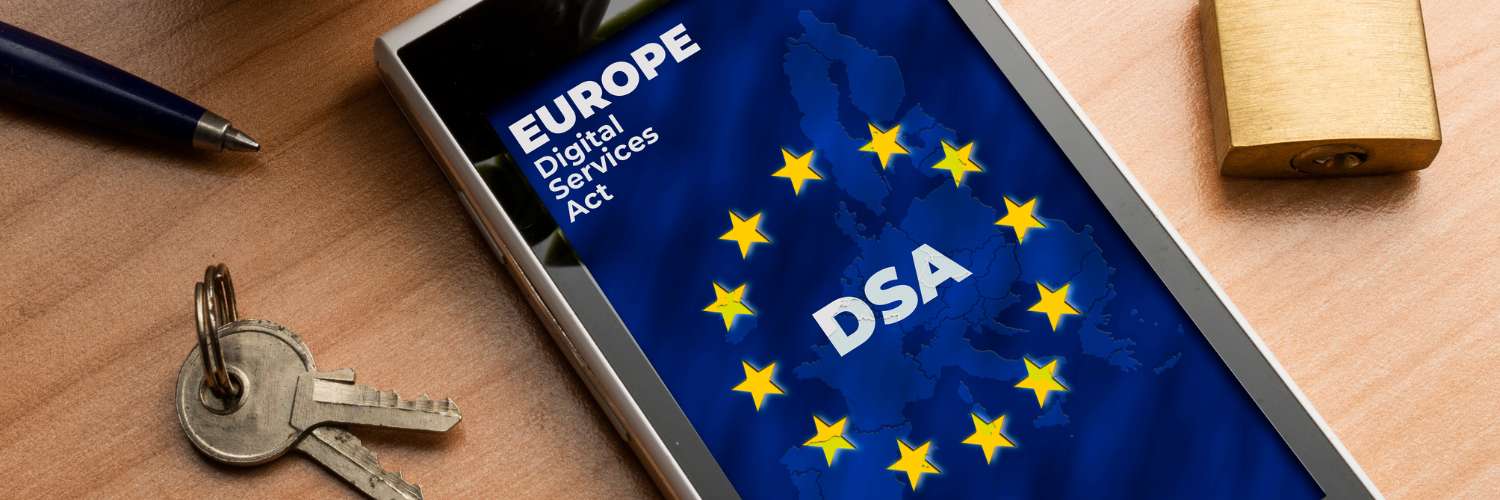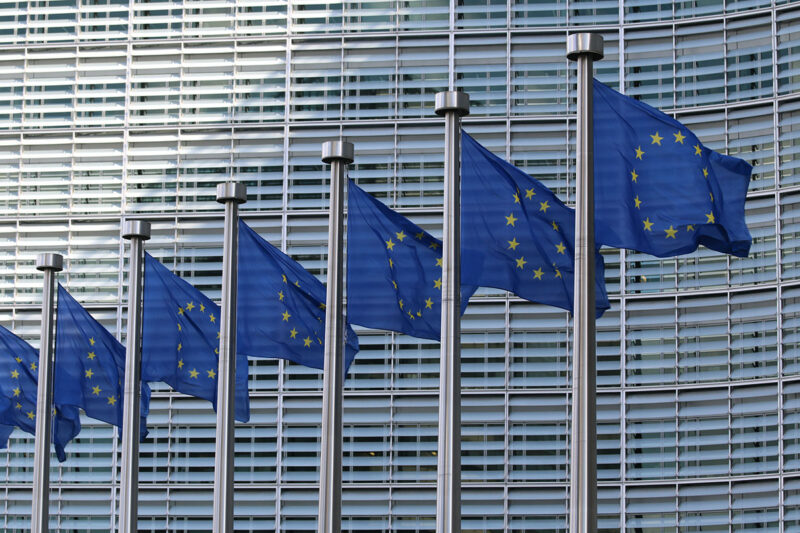

DMA & DSA: regulating digital markets and services
On 17 February, the European Union will start implementing the Digital Services Act (DSA), while the Digital Markets Act (DMA) will be implemented at the beginning of March. How will these new regulations affect the big tech companies and the competitiveness of the European market?
In October last year, the European Commission presented the first list of multinationals – Alphabet (Google), Amazon, Apple, ByteDance (TikTok), Meta (Facebook, Instagram, WhatsApp) and Microsoft – that had to comply with the new laws on digital markets and services to be adopted throughout the European Union within six months.
Some of these platforms have a dominant market position and a disproportionate advantage over their competitors. That is why Brussels wants to further limit the role played by large multinational tech companies, avoiding the monopolies and anticompetitive practices that characterise some of these tech giants.
Moreover, many of the multi-million dollar penalties imposed on these companies as a result of administrative proceedings initiated by the EU in recent years have ended up being challenged in the European Court of Justice, accentuating the need to fine-tune the regulatory framework for digital markets and services.
The new regulation will apply to major tech companies called gatekeepers, which are more prone to unfair competition practices. These include services such as research engines, operating systems, cloud computing, online advertising, social networks and video-sharing platforms.
On the other hand, the EU also aims to defend Europe’s digital sector against US giants and protect consumers’ fundamental rights. “The EU stands for competition based on merit, but we don’t want big companies to get bigger and bigger without improving themselves and at the expense of consumers and the European economy,” said Andreas Schwab, the German MEP in charge of the Digital Markets Act in the European Parliament.
Digital Markets Act (DMA)
One of the main aims of the Digital Markets Act is to avoid potential market distortions by levelling the playing field so that smaller tech companies can compete with larger ones that act as “gatekeepers”.
These tech giants will no longer be able to rate their services and products more favourably than similar ones offered by third parties on the same website. Nor will they be able to prevent users from uninstalling pre-installed apps if they wish to do so, and they have to make it easier for users to move their data from their platforms to other services.
In addition, they have to obtain users’ consent before collecting or using their data and can impose this requirement on third parties using their platforms. Failure to do so may result in companies that violate the DMA and DSA liable to fines of between 6% and 10% of their global turnover.
Digital Services Act (DSA)
The DSA also aims to provide a level playing field for companies operating in the European digital market industry but will focus on the protection of consumer rights, transparency policies, the containment of disinformation and hate speech, protecting users from illegal content and passing the responsibility to control content to platforms.
The definition of what constitutes disinformation is a contentious point that has been criticised by civil society organisations and freedom of speech experts. The regulation gives European authorities a large quasi-discretionary power to unilaterally impose a specific interpretation of international standards on freedom of speech in third countries.
Under the Digital Services Act, online platforms and search engines must assess and mitigate “systemic risks to civic discourse”, such as “foreign” disinformation efforts. Or, to put it another way, one might think that disinformation and propaganda are not a problem as long as they come from Eurocrats and their partners in Washington.
The war in Ukraine and the genocide in Gaza have highlighted the ease with which the EU and its member state governments are willing to veto media outlets and ban protests that do not follow the official narrative. The European authorities seem set to continue along the same lines.
11Onze is the community fintech of Catalonia. Open an account by downloading the app El Canut for Android or iOS and join the revolution!
Leave a Reply
You must be logged in to post a comment.





Bon article. Gràcies 👌
Moltes gràcies, Carles, celebrem que t’hagi agradat, i agrair-te, també, el teu comentari.
És important continuar imposant sancions a aquestes empreses tecnològiques que cada cop més, estan verticalitzant més línies de negociació i estan deixant fora a molts competidors.
Totalment d’acord. A més, fins ara les sancions imposades han sigut peccata minuta, quan tenim en compte el volum de la seva facturació.
gràciess
Gràcies a tu, Joan!!!
LIKE
Gràcies, Josep!!!